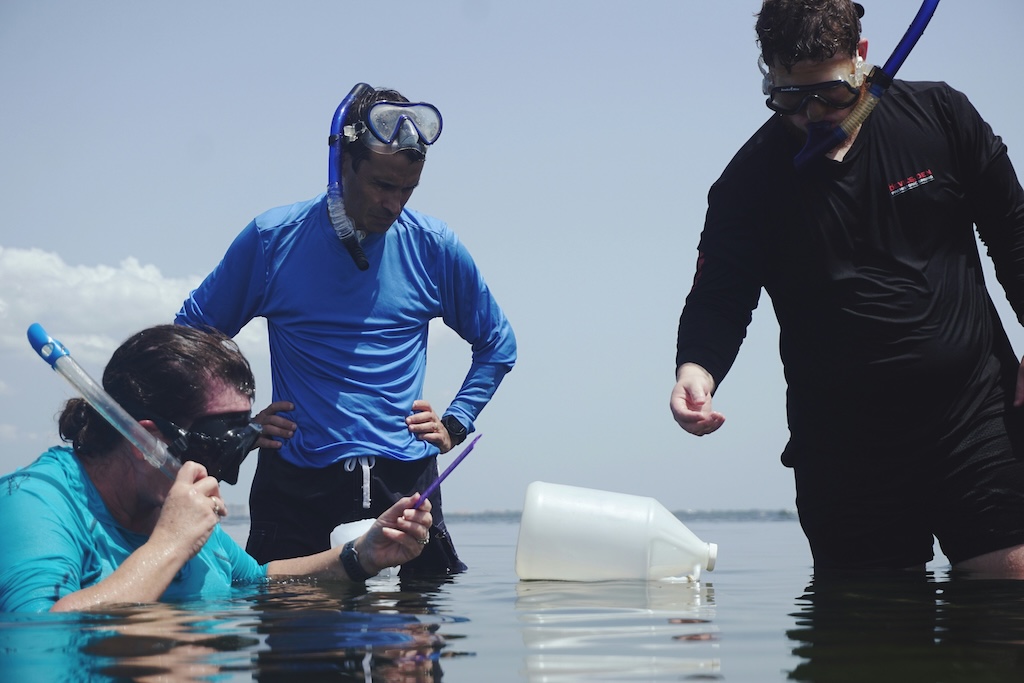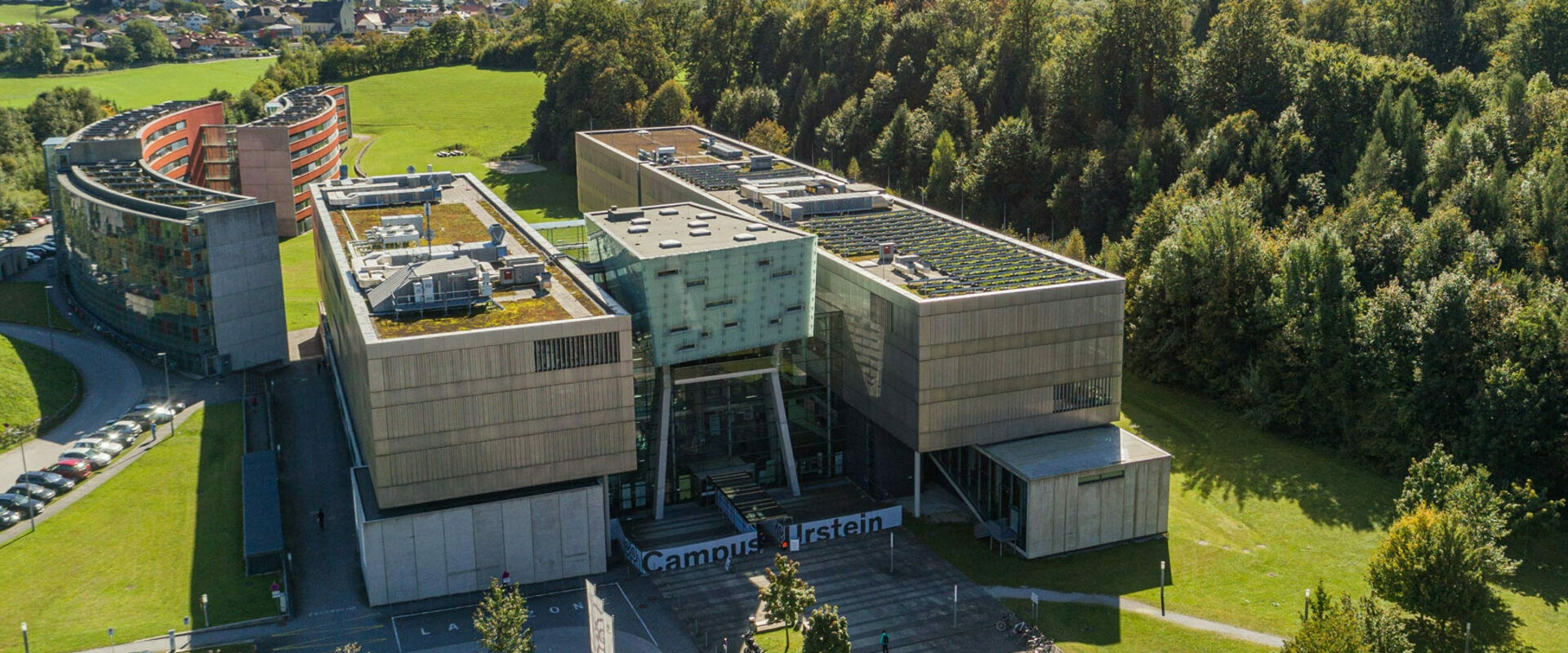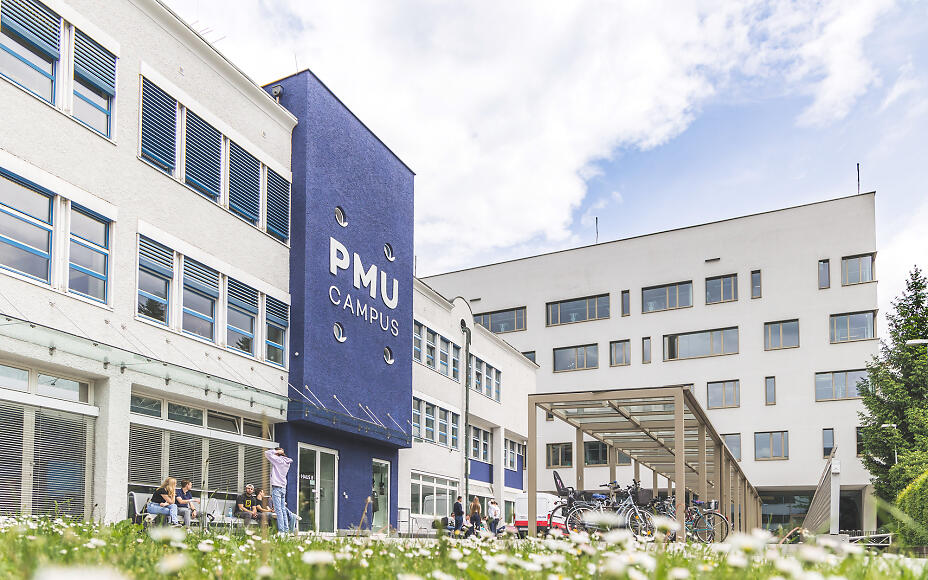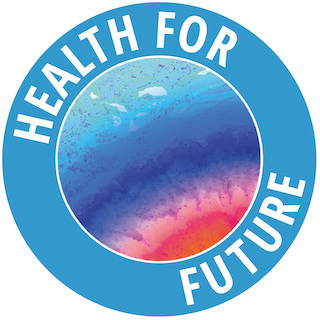
Environmental Physiotherapy research in Austria
Written by Helm Johanna, Marsche Julia, Obed Lisandro, Manglberger Luisa, Schweiger Valentin
Introduction
On this page, you will find an exemplary overview of the state of current research projects and initiatives in Austria – with a special focus on Salzburg.
University of Applied Sciences Salzburg
The Department of Health Sciences at Salzburg University of Applied Sciences cooperates with the Department of Applied Social Sciences and external partners such as regional primary care units as well as associations for healthcare and social professions, like the Environmental Physiotherapy Association. The aim of these collaborations is to enable innovative and practical research and training in the healthcare sector and to strengthen sustainable and ecological aspects in healthcare.
Evidence-based training modules are created for use in training and continuing education and are continuously refined to meet current requirements in primary care. (1)

REALISE – Sustainable and digital skills for primary care
The REALISE research project responds to current challenges in the healthcare sector, such as the increase in non-communicable diseases, the complexity of care and the importance of digitalization and sustainability. A central goal is to teach so-called “green/sustainable skills” and thus strengthen sustainable skills in the healthcare sector.(1)
As part of the project, three to five interprofessional training modules are being developed that use various forms of simulation – including skills labs as well as virtual and augmented reality. These modules specifically promote collaborative, digital and sustainable skills using case studies from primary care. This prepares participants to work as part of a team and to take sustainability and resource conservation in the healthcare sector into account.(1)
The training courses are evaluated with both trainees and existing professionals. Following successful testing, the modules will be incorporated into regular operations at Salzburg University of Applied Sciences. The cooperation with the EU project BeWell places an additional focus on the Europe-wide development of digital skills in the healthcare sector. The project runs from September 2023 to February 2025 and is funded by the state of Salzburg.(1)
RehabHeat – Outdoor temperature development at Austrian rehabilitation locations
The research initiative RehabHeat was launched with the primary objective of investigating the climatic impacts on rehabilitation facilities, with particular emphasis on the challenges posed by extreme heat events and rising ambient temperatures. Within the scope of this project, climatic data were systematically integrated with health-related information to develop preliminary, practice-oriented recommendations aimed at fostering climate-resilient rehabilitation strategies. This research endeavor is a collaborative project involving the Department of Health Sciences at the Salzburg University of Applied Sciences, the Austrian Agency for Health and Food Safety, GeoSphere Austria, and the Paracelsus Medical University Salzburg, in conjunction with the Ludwig Boltzmann Institute for Digital Health and Prevention. OSF | RehabHeat-Study: Outdoor temperature development at the Austrian rehabilitation locations and its possible consequences for therapy
Paracelsus Medical University Salzburg
Institute of Ecomedicine at Paracelsus Medical University
The Institute of Ecomedicine at Paracelsus Medical University is dedicated to researching the connections between nature and health. The interdisciplinary team, which is made up of physicians, immunologists, psychologists and tourism researchers, conducts controlled clinical studies on the tolerability, effectiveness and sustainability of nature-based therapies that are used to prevent and treat chronic diseases and so-called civilization diseases. A particular focus is on alpine healing resources such as forest therapy, mountain hiking, healing waters, waterfalls and caves. The research takes place in the context of biodiversity, health and the One Health approach.(2)

Objectives
The institute is dedicated to scientific research into the health-promoting effects of natural resources and environmental influences. The aim is to translate these findings into usable applications. A significant background is the increasing alienation of humans from nature due to urbanization, which is associated with an increased risk of chronic diseases and psychological stress. The Institute’s research aims to promote the establishment of nature-based therapies as preventive and therapeutic measures and to emphasize the importance of spending time in nature for well-being and quality of life. (2)
Projects and studies
A key current project is the NATURE-MET-SALZBURG study, which is being conducted in cooperation with Salzburg University Hospital to investigate whether a nature-based therapy program – consisting of easy hikes and mindfulness training on Salzburg’s city mountains – can improve the quality of life and resilience of people with metabolic syndrome. The test subjects are randomly assigned to a nature group or a control group. The program includes guided and independent hikes over a period of several weeks. The data collected is supplemented by regular examinations and a follow-up survey.(2) In addition, the Institute is coordinating the EU Horizon project RESONATE, in which clinical studies on nature-based therapies are being conducted in several European cities. The main objective is to implement the concept of “Nature Prescription” throughout Europe and to pool research excellence in this area. The Institute’s research activities are congruent with the University’s strategy and the mission “Patients into Nature – Nature to bedside”.(2) As part of another EU project (WiWa2), the Institute of Ecomedicine is also conducting a clinical study on the effect of nature-based therapies in the context of back pain rehabilitation.(3)
Ludwig Boltzmann Society
Reha-Hub
The “Reha-Hub” forms the basis for an Austrian competence center for rehabilitation research in Salzburg. As a central point of contact, it networks stakeholders from all over Austria, pools their resources and expertise and thus supports the development of innovative, patient-oriented rehabilitation approaches. The “Reha-Hub” also provides research services for human medicine and health sciences and positions itself as a national and international contact point for rehabilitation research.(4)
In this context, the Ludwig Boltzmann Society plays a key role in shaping and supporting the activities of the “Reha Hub”. The Ludwig Boltzmann Society brings together its expertise in rehabilitation research by networking various institutes and disciplines. This network operates with a focus on impact and actively addresses the challenges and issues within the entire rehabilitation ecosystem in order to develop and implement innovative, practical solutions. With this patient-centered research, the “Reha Hub” wants to contribute to an accessible, evidence-based, socio-economically beneficial and personalized rehabilitation in Austria.(4)
Background and Motivation
Rehabilitation is becoming increasingly important in society, particularly due to the ageing population and increasing lifestyle-related health problems. As these developments continue, it is important to further expand rehabilitation research in order to be able to respond well to the new challenges. Additionally, evidence-based rehabilitation holds significant potential to deliver socio-economic benefits and enhance the quality of healthcare provision.(4)
Development and Structure
The RehaHub was created through a structured process that began with initial meetings in 2022, followed by concept development, networking, formalization and finally the kick-off in August 2023. Workshops and symposia have already been organized as part of the project (e.g. 1st Salzburg Symposium on Rehabilitation Research). Furthermore, cooperation between research, care and various interest groups are also promoted.(4)

Participating institutions
The successful implementation of the project relies on the collaboration of key partners, each contributing distinct roles and expertise. The province of Salzburg serves as a funding body and part of the project ownership, supporting the development of Salzburg as a model region. The Ludwig Boltzmann Society acts as the project sponsor, bringing together its three institutes with specialized expertise and partner networks(4): LB Institute for Rehabilitation Research, LB Institute for Arthritis and Rehabilitation, & LB Institute for Digital Health and Prevention
Health for Future
Health for Future Austria is an organization that connects individuals from the entire healthcare sector. They are self-organized, non-partisan and committed to non-violence.
There are also numerous contacts and collaborations with NGOs, (semi-)governmental regional and national organizations, universities, universities of applied sciences, educational institutions, and professional associations.
Health for Future is very open to new members. They use the “WeChange”-platform for exchange, networking, joint editing of documents and storage of shared documents, online meetings and the use of a shared calendar. To get to know each other, you can register for an onboarding appointment on this platform.(7)
Health for Future also uses so-called “Skill Labs” to develop new skills for their commitment. They network across regions, share challenges and help each other. The aim is to strengthen and apply skills and take transformative action.(7)
What they do
Connect like-minded individuals and national and international organizations.
Provide science-based information on the interconnections between climate and health.
Organize and support training and continuing education events on Planetary Health.
Advocate for a sustainable transformation of the healthcare system. This includes their efforts for climate-neutral practices and hospitals.
Support protests and actions that align with their goals.(6)
Key focus areas
Planetary Health must be a mandatory part of the curricula in the education and training of all health professions.
The healthcare system should become climate neutral.
Our healthcare system must be prepared for future challenges.
It should be prepared and ready for upcoming challenges (e.g. heat waves).
A climate-friendly lifestyle is a healthy lifestyle. It should be more strongly supported through appropriate frameworks and conditions.(6)

References
Header image by The Tampa Bay Estuary Program on Unsplash
1. Projekte | Applied Health Innovation | FH Salzburg [Internet]. [zitiert 4. Juni 2025]. Verfügbar unter: https://www.fh-salzburg.ac.at/forschung/fsp/applied-health-innovation/projekte
2. Paracelsus Medizinische Privatuniversität (PMU) [Internet]. [zitiert 4. Juni 2025]. Institut für Ökomedizin der Paracelsus Universität. Verfügbar unter: https://www.pmu.ac.at/forschung-innovation/institute-zentren-und-programme/institut-fuer-oekomedizin
3. Interreg 2021 – 2027 [Internet]. Interreg Österreich – Bayern. 2021 [zitiert 4. Juni 2025]. Verfügbar unter: https://www.interreg-bayaut.net/unsere-projekte/projekte-2021-2027/
4. reha-hub.lbg.ac.at [Internet]. [zitiert 4. Juni 2025]. Über RehaHub. Verfügbar unter: https://reha-hub.lbg.ac.at/ueber-rehahub/
5. Sportmedizin [Internet]. [zitiert 4. Juni 2025]. Verfügbar unter: https://salk.at/sportmedizin
6. Schwalbe B. Über uns [Internet]. 2024 [zitiert 4. Juni 2025]. Verfügbar unter: https://healthforfuture.at/ueber-uns/
7. Aktiv Werden – Health For Future – Austria [Internet]. [zitiert 4. Juni 2025]. Verfügbar unter: https://healthforfuture.at/aktiv-werden/
8. https://hitzeaktionstag.at/ [Internet]. [zitiert 4. Juni 2025]. Verfügbar unter: https://hitzeaktionstag.at/
9. Schwalbe B. Materialien [Internet]. 2024 [zitiert 4. Juni 2025]. Verfügbar unter: https://healthforfuture.at/aktiv-werden/materialien/
10. Schwalbe B. Planetary Health [Internet]. 2024 [zitiert 4. Juni 2025]. Verfügbar unter: https://healthforfuture.at/planetary-health/
